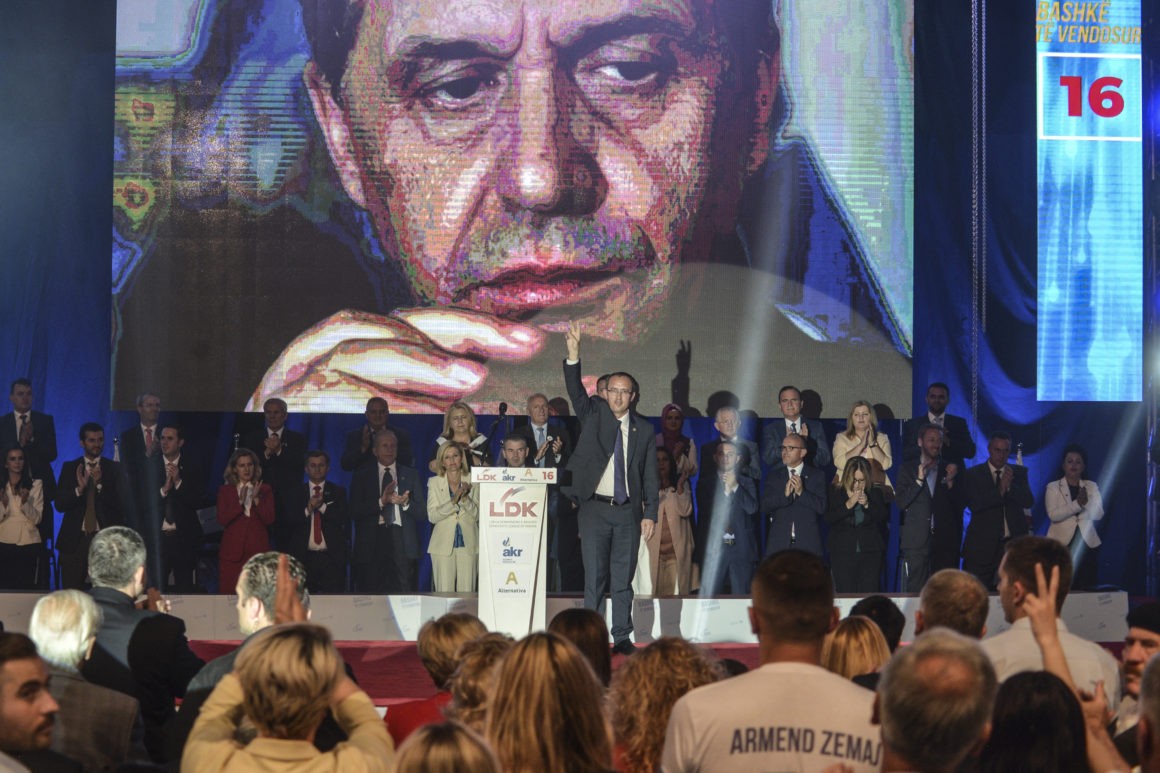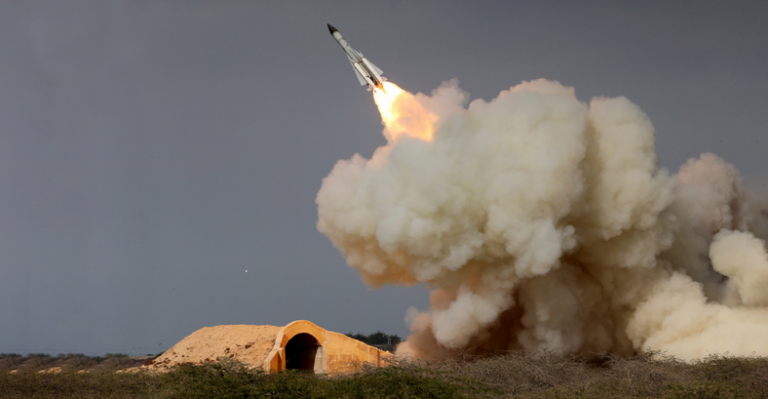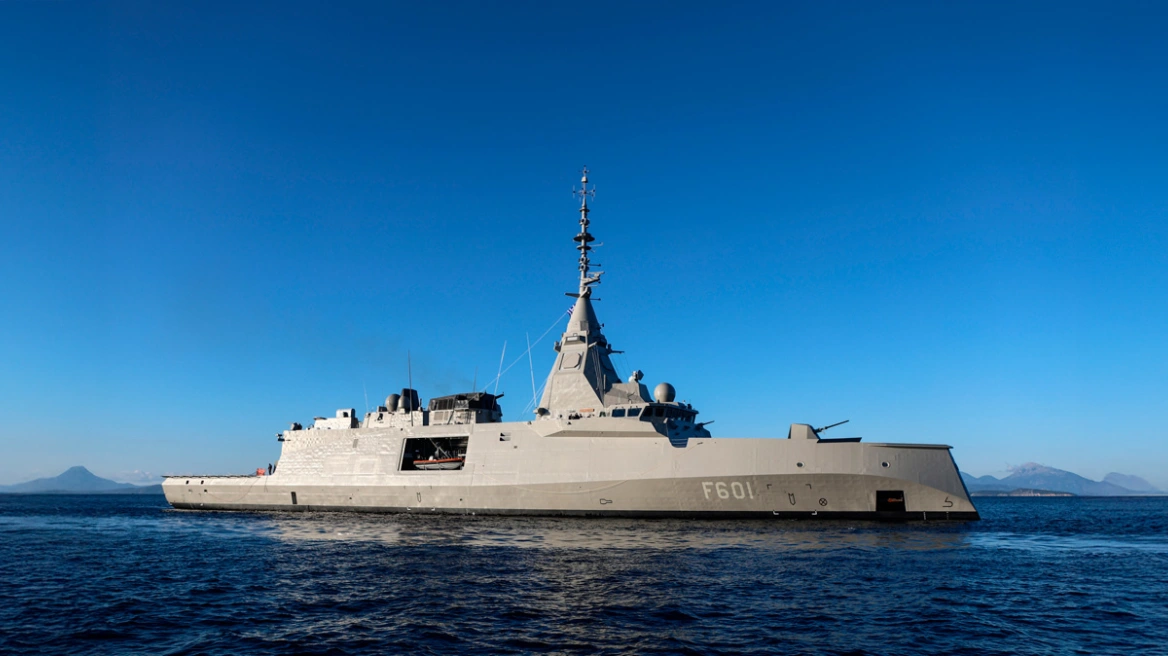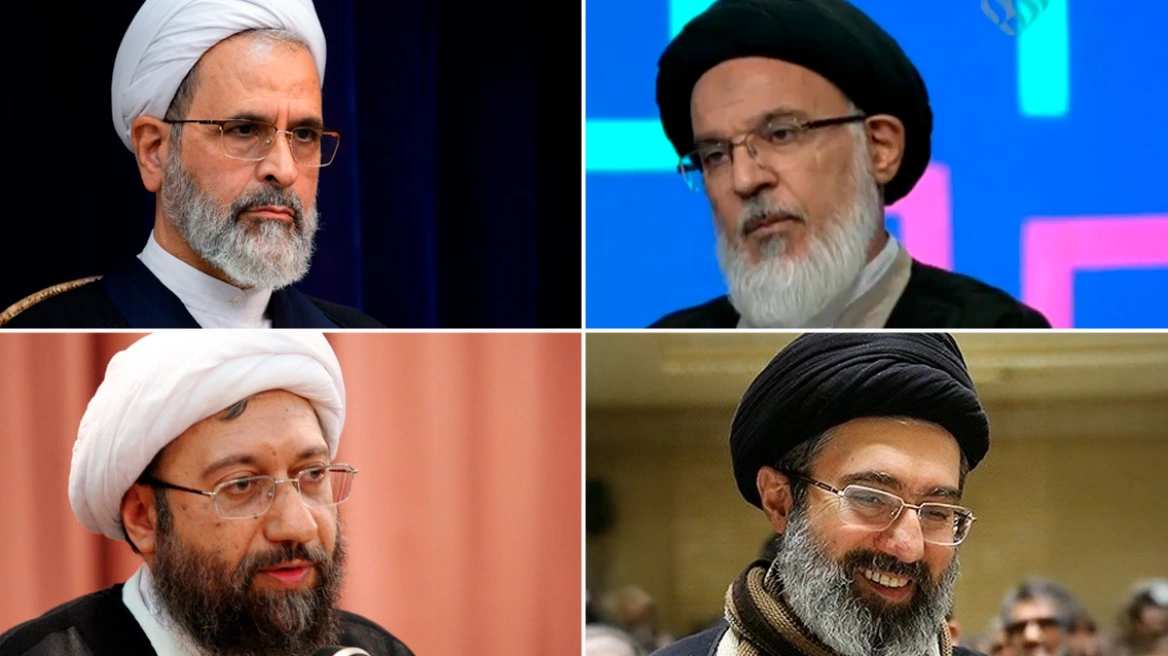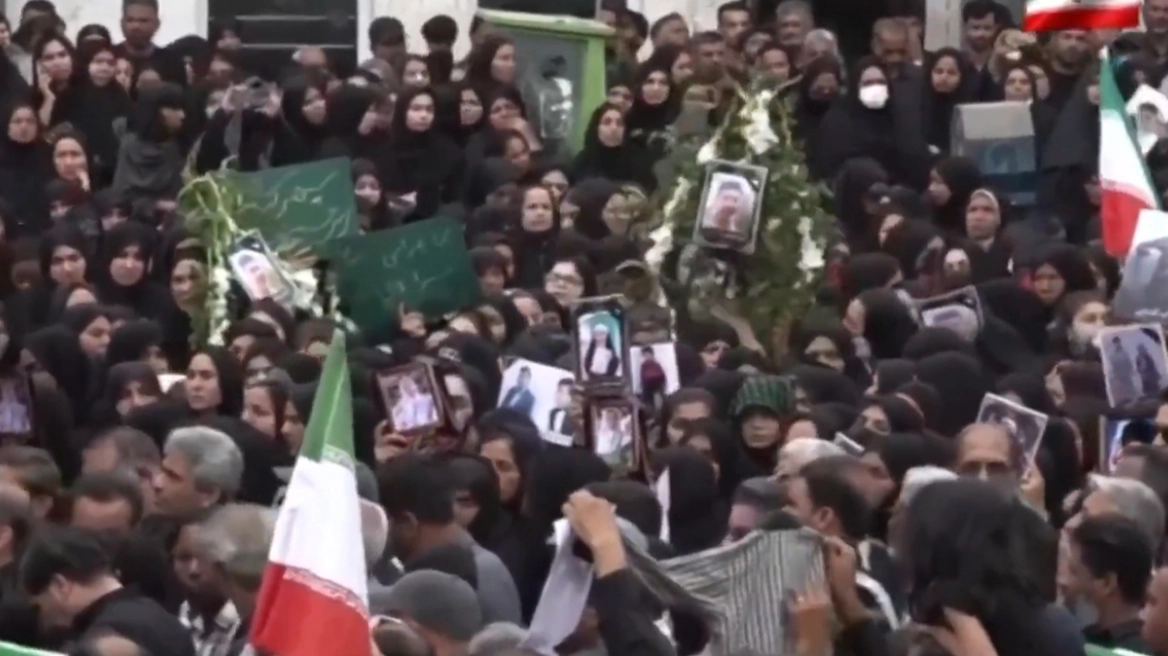A former rebel commander wanted by Serbia for alleged war crimes has won Kosovo’s parliamentary election, preliminary results suggest.
Ramush Haradinaj, a former prime minister, leads a centre-right coalition of parties that emerged from the 1998-99 conflict with Serbia.
With 70% of the votes counted, the electoral commission said his alliance had won about a third of the vote.
The left-wing opposition party Vetevendosje has about 25%, it said.
The ex-guerrillas who fought the Serbs of Kosovo in the 1990s and then formed rival political parties came together in a coalition and contested in Sunday’s parliamentary election. Opposing them was another new alliance, led by the Democratic League of Kosovo (LDK), which has its roots in a campaign of passive resistance to rule from Belgrade.
In the outgoing government, the Democratic Party of Kosovo (PDK), the biggest political force to emerge from the guerrilla movement, shared power with the LDK. But their administration collapsed over failures to implement measures such as a border demarcation deal with Montenegro.
The parties say they have formed their new alliances because a 2014 Constitutional Court decision gave important advantages to pre-election coalitions in establishing a government. But analysts say ex-commanders of the Kosovo Liberation Army had another reason for all wanting to be in power at the same time — a new special court in The Hague may soon indict some of them for crimes against Serbs and political rivals during and immediately after the 1998-1999 war.
“They know from the past that being in power can offer them information and enable them to know things in advance,” said Agron Demi, a policy analyst at the GAP Institute, a Pristina-based think tank. “They can use this knowledge to find a way not to be handcuffed but negotiate the terms of their surrender.”
Having been in government for the last 10 years, the PDK has additional strong motivation for remaining in power — and keeping out the third force in Kosovo politics, the Self-Determination Movement, known locally as Vetevendosje, which campaigns on a strong anti-corruption platform and is not running as part of a coalition.
“The PDK fears that if Vetevendosje came to power for the first time in coalition with other parties, it might mean that senior members of the PDK would be prosecuted for corruption,” said political analyst Shpend Kursani.
Kosovo declared independence from Serbia in 2008. It is recognised by the US and most EU countries, but not by Serbia or its ally Russia.
Main sources: BBC & politico.eu
Ask me anything
Explore related questions
